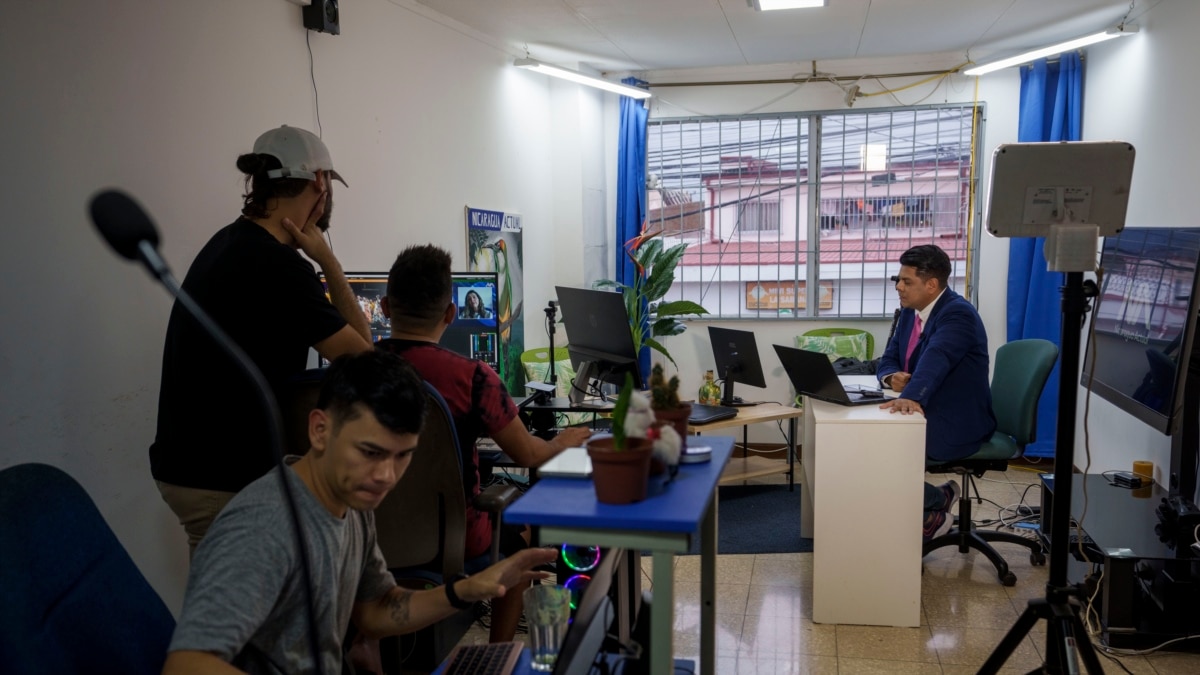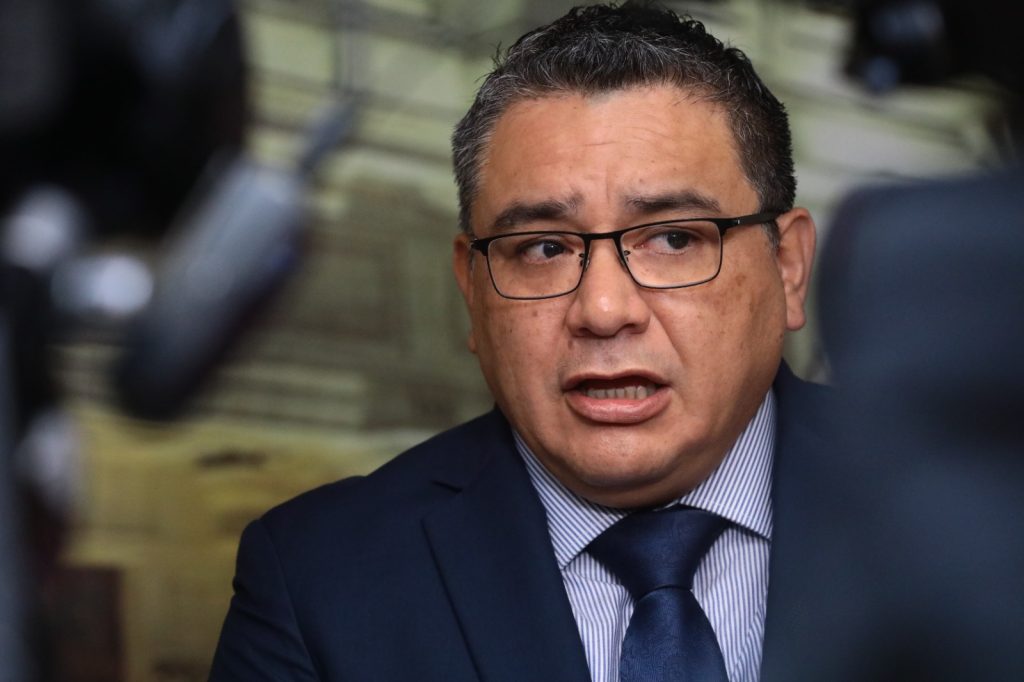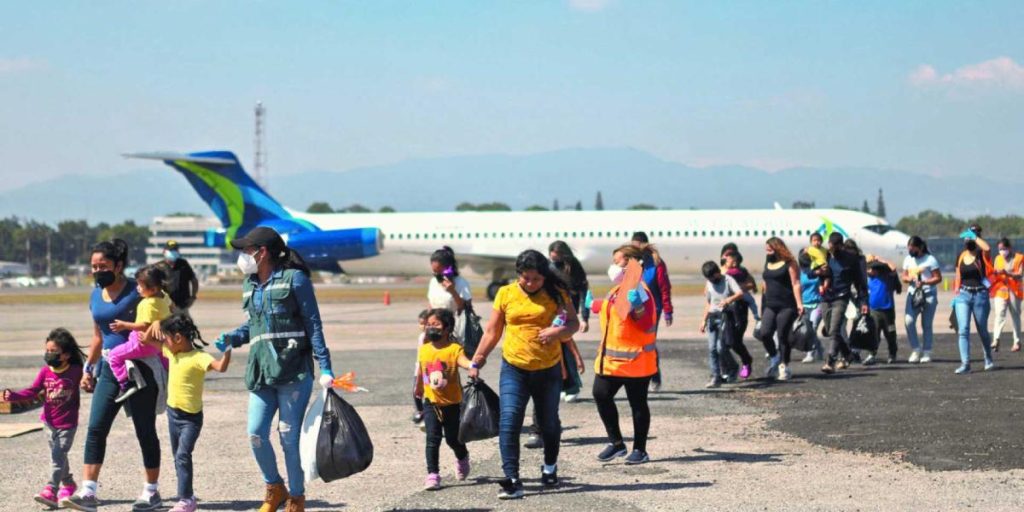Nicaragua is expected to approve in January a change to its constitution that alters presidential power and increases state control over the media.
If ratified, the change would leave the power to ensure that media and communication platforms are not “subject to foreign interests and do not spread false news” in the hands of the state.
Analysts say it would replicate a measure adopted in other authoritarian countries around the world, including Cuba, Venezuela and the former countries that made up the former Socialist Camp, under the aegis of the defunct Soviet Union.
Carlos Jornet, president of the freedom of the press and information committee of the Committee on Freedom of the Press and Information of the Inter-American Press Association (IAPA), said that controlling freedom of expression on social networks and the Internet was a “growing phenomenon.” ” in the Americas.
“Worse still, governments that promote such controls do so after having co-opted the judiciary, the legislature and all oversight bodies,” he told the Voice of America.
“It is clear that when the government labels information as false, there will be no possibility of exercising a defense or arguing about the veracity of a complaint or the relevance of an opinion,” explained Jornet.
The latest reform, which was approved in November, must be confirmed in a second vote in January.
The reform, requested by President Daniel Ortega, seeks to extend his term from five to six years and change the role of Vice President Rosario Murillo – his wife – to “co-president.”
The police and army will be strengthened in a way that allows Ortega to tighten his grip on power in the Central American state.
Ortega’s attacks on press freedom have already forced hundreds of journalists and others into exile to avoid the threat of arrest and prison, watchdogs denounce.
More than 200 political prisoners were released last year and expelled to the United States, including five former presidential hopefuls jailed after trying to challenge Ortega in the 2021 elections, and the editor of one of the country’s oldest newspapers.
At least 229 people detained in Nicaragua for political reasons suffered torture and “crimes against humanity,” according to the non-governmental organization Nicaragua Never Again Human Rights Collective.
The group estimated that around 2,000 people have been arrested in connection with the 2018 anti-government protests, it reported. Reuters this month.
Critics of the latest constitutional change say it effectively legalizes the “absolute power” exercised by Ortega and Murillo.
However, Gustavo Porras, the head of the Nicaraguan legislature, has said the reform will be approved next month and described the criticism as a “stupid way of carrying out the opposition.”
Lucía Pineda Ubau, director of the news site 100% Newssaid the new constitution will make it easier for authorities to attack independent journalism.
“This is serious because it includes it in the policy of the constitution, which continues to punish, persecute and criminalize journalists and media outlets,” he told the VOA from his home in exile in Costa Rica.
“This is in addition to the reform of cybercrime legislation, which was approved in September this year,” he said.
Imminent constitutional reforms propose increasing penalties from 10 to 15 years in prison for spreading false news or misrepresentations found to have caused alarm, fear or anxiety. It also expands the reach of the law beyond Nicaragua’s borders.
“This government has increased terror for exiled journalists,” Pineda said.
The changes in Nicaragua replicate similar laws and regulations in the region that analysts say are used to silence dissent and the media.
In Venezuela, attacks on independent media by the government of President Nicolás Maduro over the last 11 years have created a “sort of information desert,” according to release of the Committee to Protect Journalists (CPJ, in English).
A report the watchdog published earlier this year concluded that the government did not bother to carry out a new crackdown on the media before July’s presidential election because of the effectiveness of its sustained crackdown.
Cuba has also passed a series of laws that further regulate freedom of expression, said William LeoGrande, a Cuba expert and professor of government at American University in Washington.
“Cuba has laws similar to those of Nicaragua,” he told the VOAreferring to Decree 35, which involves criminal sanctions for the dissemination of disinformation and requirements for telecommunications providers to suspend or cancel services.
“It also potentially gives authorities enormous freedom to criminalize online comments.” [como] ‘inciting mobilizations or other acts that disturb public order’, ‘subverting the constitutional order’ or ‘defamation with an impact on the prestige of the country’.”
LeoGrande said Cuba’s penal code, which went into effect in 2022, contains provisions worded so broadly that they can be used to charge people for criticism or non-violent acts.
Cuba’s Social Communication Law, which came into force in October, imposes stricter regulation of online communication and encourages the repression of dissident voices.
Reporters Without Borders said in October that 11 journalists have already been summoned by Cuba’s National Revolutionary Police, charged and forced to resign from their jobs.
United Nations High Commissioner for Human Rights Volker Türk said the impending changes to Nicaragua’s constitution mark a further erosion of the checks and balances of the executive branch.
“If adopted, these changes will ring the death knell for fundamental freedoms and the rule of law in Nicaragua,” he said in a statement.
Connect with the Voice of America! Subscribe to our channels YouTube, WhatsApp and to newsletter. Turn on notifications and follow us on Facebook, x and instagram.
















